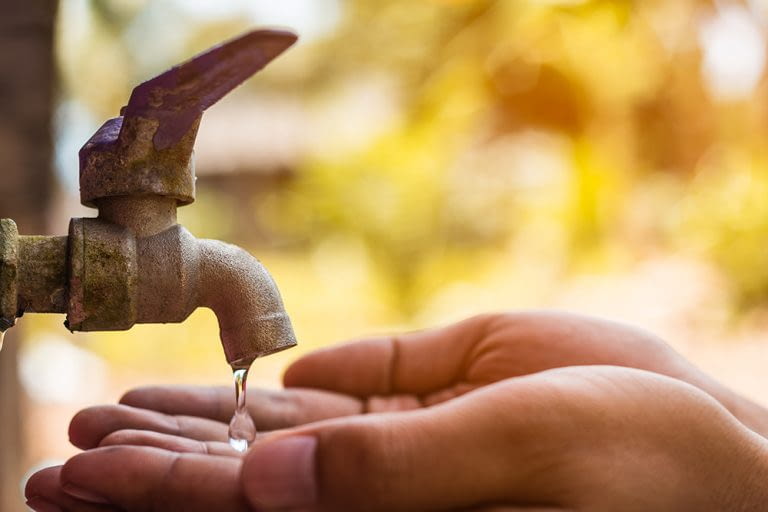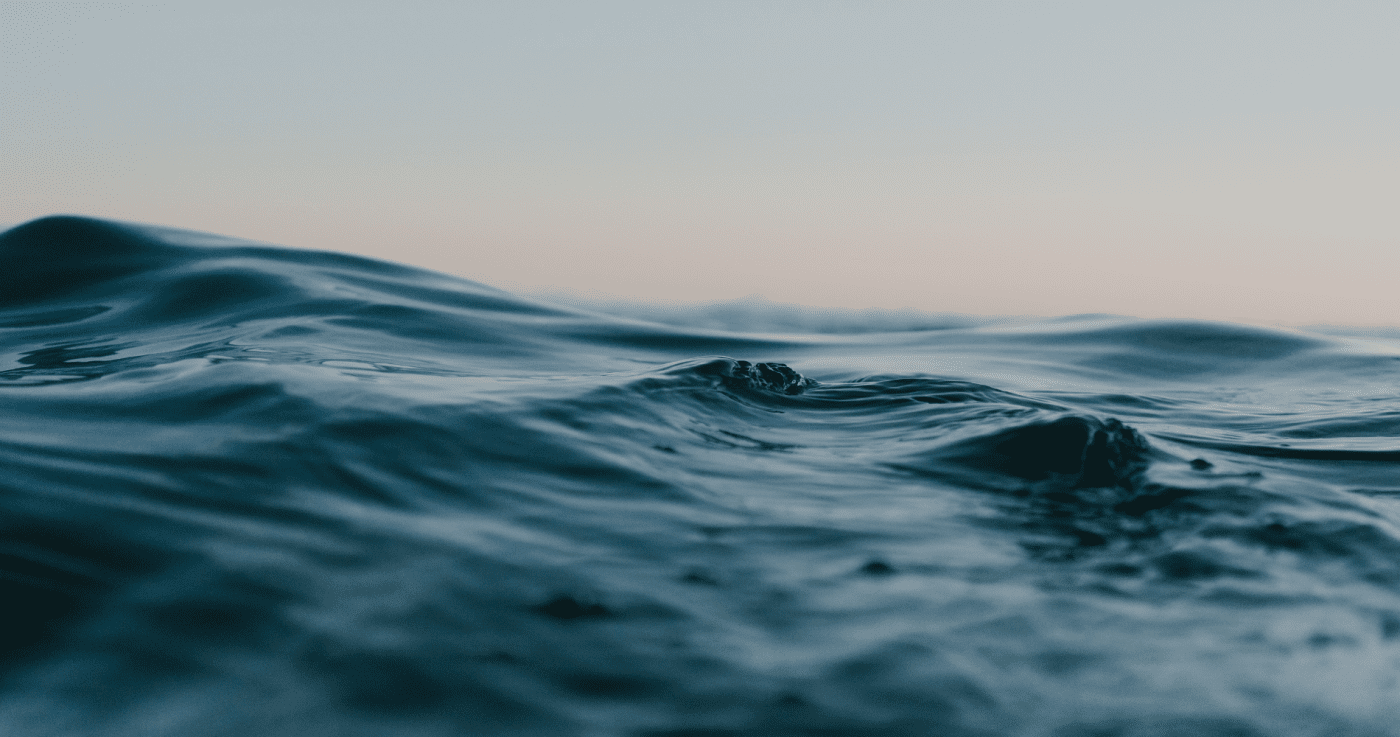
"Water is a limited resource" is one of the claims that we have probably heard most often, even more, during these times of the year when the heat is on. Many experts say that the global demand for this resource is growing and that wastewater must be reduced and, if possible, recycled.
With better use of this important natural resource, we manage to do the same with the water cycle for all living beings. SDG 6 (Sustainable Development Goal) focuses on ensuring an agreement and sustainable access to water. One of the objectives is to reduce the proportion of untreated wastewater and increase recycling and reuse of untreated water, a task that we have been doing for more than 60 years at DAGA.
With better use of this important natural resource, we manage to do the same with the water cycle for all living beings. SDG 6 (Sustainable Development Goal) focuses on ensuring an agreement and sustainable access to water. One of the objectives is to reduce the proportion of untreated wastewater and increase recycling and reuse of untreated water, a task that we have been doing for more than 60 years at DAGA.
Wastewater: a resource with enormous potential
Most of the wastewater we produce returns directly to the ecosystem without being treated and loses the opportunity to go through different treatment processes, which provides a safe and sustainable form of irrigation, energy, and nutrients.
It is the most important natural resource on the planet, being limited and increasingly scarce. There is no point in using drinking water for tasks that are not strictly for human consumption. In the summertime, you must be aware of the use we give it, because, apart from human consumption (both hygiene and hydration), irrigation, factory cooling, washing, and many other activities should use wastewater correctly. , treated allowing an important to all and better care of the environment.
It is the most important natural resource on the planet, being limited and increasingly scarce. There is no point in using drinking water for tasks that are not strictly for human consumption. In the summertime, you must be aware of the use we give it, because, apart from human consumption (both hygiene and hydration), irrigation, factory cooling, washing, and many other activities should use wastewater correctly. , treated allowing an important to all and better care of the environment.
The implication for achieving the solution
Water treatment to guarantee access to clean water and avoid contamination of rivers and seas deserves everyone's effort. Through this process, with operations of different types (physical, chemical, or biological), the objective is the elimination and / or reduction of contamination or the undesirable characteristics of the waters.
The purpose of this process is to obtain water with the characteristics appropriate to the use that you want to give it. Therefore, water treatment varies depending on the starting properties of the water and also on its end-use.
The purpose of this process is to obtain water with the characteristics appropriate to the use that you want to give it. Therefore, water treatment varies depending on the starting properties of the water and also on its end-use.
Prospects in water treatment
In 2030, global water demand is expected to grow 50%. At the same time, the amount of wastewater will grow exponentially due to the number of people living in cities, urban planning, and economic growth.
We must make maximum use of wastewater for irrigation, washing, agriculture, and industrial use. Improving their performance and creating water reuse systems will encourage the development of new companies and create jobs, an opportunity to also grow the labor sector.
We must make maximum use of wastewater for irrigation, washing, agriculture, and industrial use. Improving their performance and creating water reuse systems will encourage the development of new companies and create jobs, an opportunity to also grow the labor sector.


